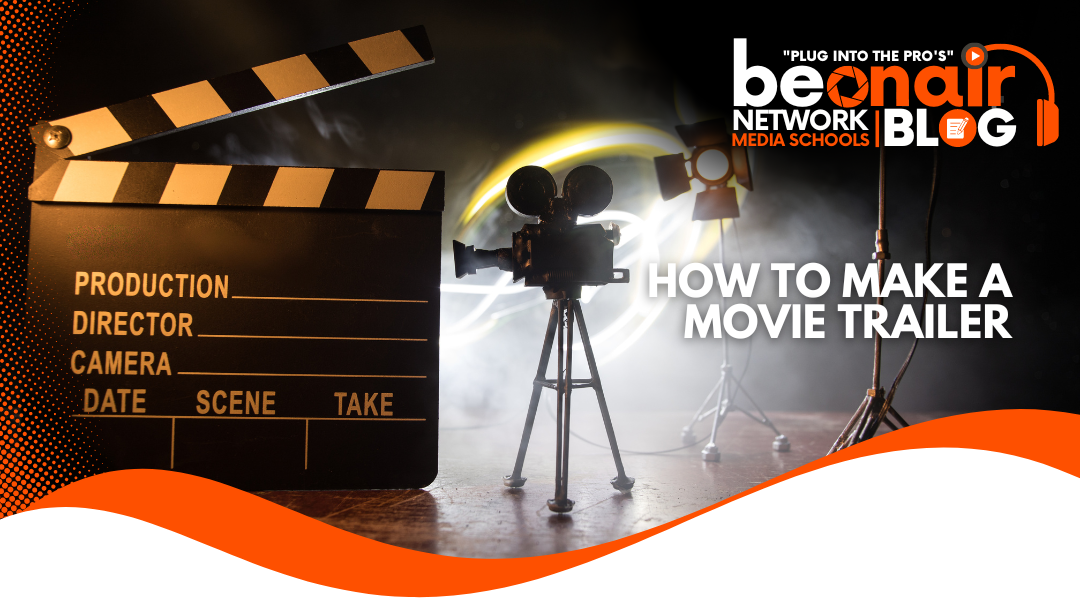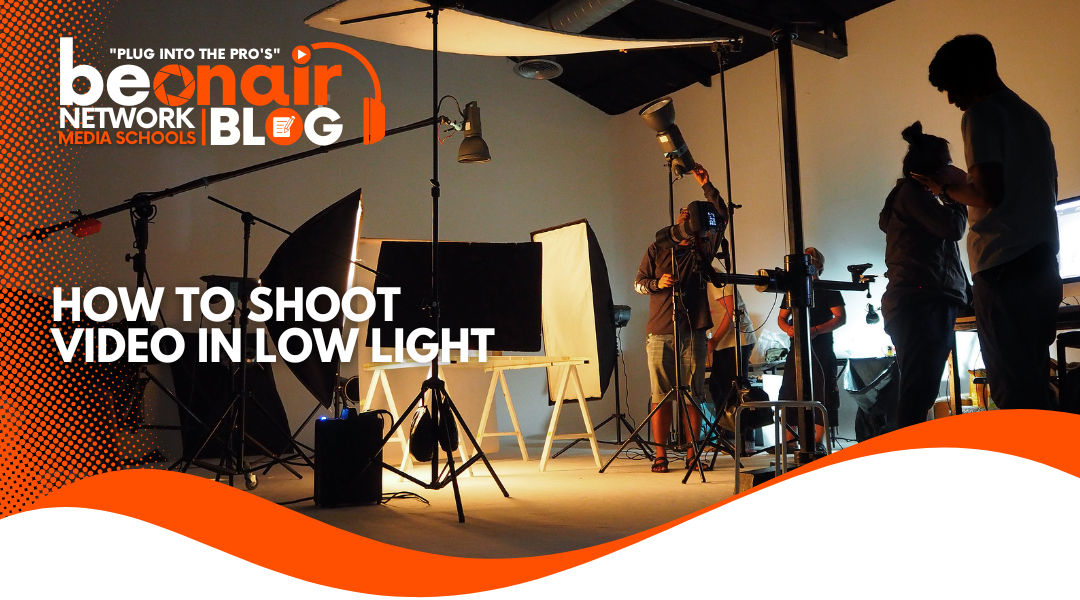
Five Struggles Only a Cameraperson Would Understand
If you tell someone you are a camera operator, chances are your friends and family will automatically think you are holding some small, handheld device, just like they did while recording your elementary school soccer game. Professional camera operators know full well it isn’t exactly the same!
Depending on the size of the film crew you are working with, the cameraperson might just be one of a handful of individuals working directly on the camera. In a broadcasting studio setting, you are working the camera yourself, while if you are out on location with a film production, you have a team and the director of photography to work with.
As a cameraperson, there are several struggles only you and other camera people are going to understand. So, if you are interested in learning about camera operating at school, here are a few struggles and issues you are likely going to run into at some point in your camera operating career.
Awkward Positions
In the studio, you are going to generally be standing straight up with the large camera at your disposal or on a set stand with a track or wheelbase. However, when out on the street, either for covering a live shoot or on a film production, you are not always going to have open area to move about. You may find yourself in some pretty cramped and awkward positions trying to get that perfect shot.
Sometimes you might need to hold that awkward position with the camera on your shoulder for a long period of time. One tip to keep in mind is to figure out where the shot is going to end and lineup the most comfortable position for the ending. This way, instead of starting in a more comfortable position and twisting your body and the camera into a hard to hold, uncomfortable position, you begin with the uncomfortable position and transition to a more comfortable one.
Ready at a Moment’s Notice
If you are covering live news, you need to be ready at a moment’s notice. The reporter usually just needs to grab their microphone and they are set. You have a heavy camera you need to be on the ready with, so you can’t put it down and walk away from it. Always have the camera readily available so you can fire it up and have it pointed in the necessary direction as quickly as possible.
Composition is Art
As the cameraperson, you are not going to gain much credit from the world around you. However, the studio is going to understand what you bring to the table and your work does make the anchor or anything else in front of the lens look even better. So you need to constantly be thinking of what is around you and do your best to compose the shot into a great one.
Know What is Going On
As the camera person, if you are working with a team of professionals, such as the director of photography, the director and others, you not only need to know what is going on with the shot, but you need to know what everyone else’s job is, too. This way, focus is pulled correctly and everything is maintained ready for the shoot.
Be Ruthless
If there is soft focus on a shot or it isn’t framed properly, guess whose fault it is? Not the second AC, who pulled focus, although they will probably get some blame too, and not the DP, but yours. So, if something is wrong with the shot, make sure to speak up.







